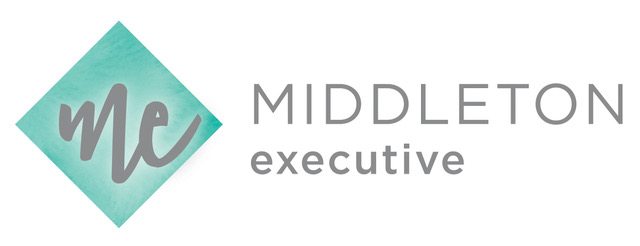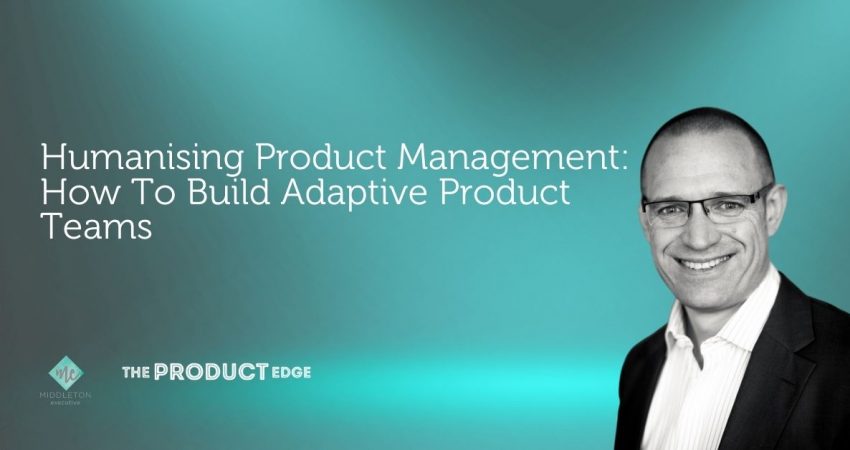On a recent episode of The Product Edge, Jade caught up with Nick Coster, Co-Founder of Brainmates to discuss Adaptive Product Skills. Below we share some highlights from this fascinating discussion.
Jade: What do you mean by Adaptive Product Teams?
Nick: I think it’s worthwhile talking about the technical, the skills you’ll read about in the textbooks. It was about agile processes or writing requirements or doing customer research – all the things that you can articulate and say I’ve done that, I’ve done this – tick; I’ve completed the task, which is certainly a very important thing for people to recognise, to follow through with and turn into a process or approach. But in addition to that, in partnership, there are the more adaptive skills, the kind of human, fuzzy skills that we are all involved in. Interacting with squishy humans who are far more complicated than a checklist. The adaptive skills are all about how we work with our customers and importantly how we work with each other as peers and colleagues.
How do we adapt to the changing environment because no one product team is the same as another product team, and no marketplace is the same as another marketplace. And how do we adapt to internal and external changes in the marketplace, almost preemptively, so that we can continue to keep our businesses strong and our products working effectively. COVID-19 has highlighted how some companies have been able to adapt. Others have been in situations where adaption is just almost not an option, and others have failed to adapt when they may have been able to do so. So, it’s been a fascinating year from a product perspective to see how the disruptions from bushfires to lockdowns and everything else in between have affected us locally and globally.
Jade: What are some of the skills needed within adaptive product teams?
Nick: I think part of it is getting an understanding of individuals and teams, strengths and weaknesses as people. I have a love of role-playing games – dungeons and dragons, things like that and grew up with it as a kid, and so my background from role play filters in here. I think it would be interesting if you were to develop a character sheet for yourself that describes your strengths and weaknesses and then map that out against each other. It would be a really interesting way of working out what you are good at, what you’re not so good at, and how our skills work together. But then how do we interact together as a team and deliver better outcomes as a unit? How does the whole become greater than the individual parts?
I think this is our challenge, and it’s not just a product management challenge it’s an organisational challenge. We had a presenter at one of our conferences from Sweden and he described this concept of a product jam; a jazz musician and a bunch of musicians would come together, not trying to make music, but just trying to mix the sounds and play with each other’s sound to find a rhythm and beat between each other’s groove effectively. I think that the intent of that isn’t to come out with a recording that they can then sell, the intent is to just work together, experiment, and bounce ideas and sounds off each other and maybe some magic will happen. Having the space to create without necessarily a desired outcome I think is a privilege, a luxury. And if you and your team can do that every now and then, what you end up with is sharing a combined knowledge across the team. You work out what ideas work and what don’t. How does one person’s idea build on top of another person’s idea? Now more than ever we need to try and make space for these conversations so that we can collaborate.
Jade: What can product folk do to develop their adaptive skills?
Nick: I think the first thing is to essentially open yourself up to empathise not just with the customer but ensure that we are empathising with the people around us, our colleagues. What are their needs? What are their goals? Do we have shared goals or misaligned goals? What are they, are we all on the same mission?
I think empathising with other people, listening to what their goals are, and trying to ensure at the beginning of whatever time cycle is appropriate – are we all on the same mission, whether that’s the weekly mission, daily mission, or a corporate mission. Is there alignment? Because I think that is an important factor, it gets everyone to point in the right direction, doing the same thing with the same cadence, which suddenly brings people together. And I think the fascinating thing to me about Product Management, is that the product is almost the least relevant part of the story.
It’s really all about people, and the product is just the artifact that we use to exchange value between people. The empathising, understanding your customer, understanding what their needs are, understanding what your stakeholder needs are, and building that shared mission are some critical things for us to be doing. I think that’s a really important point to make.
Listen to this podcast episode in full, subscribe or listen to The Product Edge on your preferred podcast app.
If you’re looking for more resources or information about all things Product, check out The Product Edge or follow on LinkedIn, Facebook, Instagram, or Twitter.

